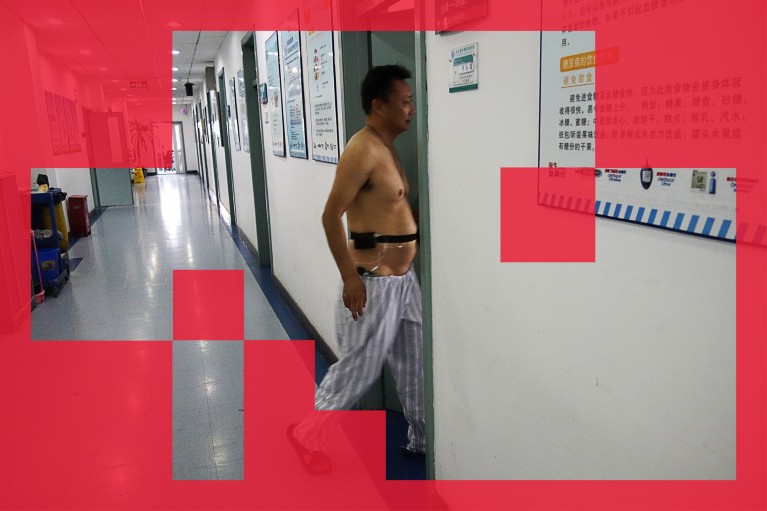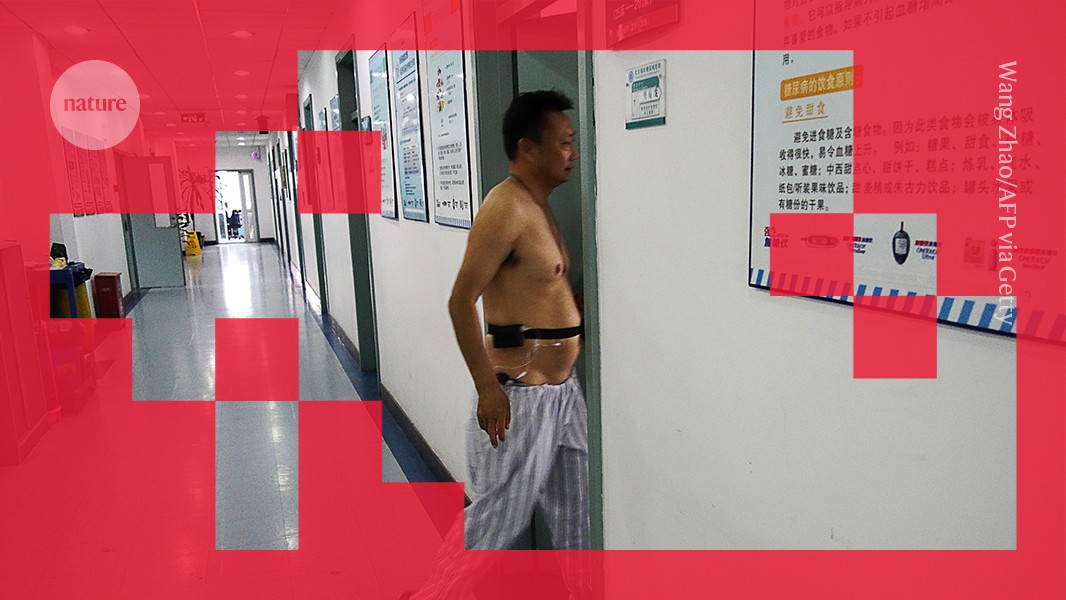
Estimate suggest more than 180 million older people in China live with chronic diseases.Credit: Wang Zhao/AFP via Getty
A Chinese firm has developed a massive artificial intelligence-powered platform to help manage the health of people with chronic diseases.
Details of the large language model (LLM), called XingShi, are sparse, but the company behind it, Fangzhou, says the model integrates speech and image recognition with natural language processing, extensive medical data and reasoning to improve personalized care and boost the productivity of clinicians. The company says that the system has more than 50 million registered users, and more than 200,000 physicians using the platform.
Which diseases will you have in 20 years? This AI accurately predicts your risks
Fangzhou, based in Guangdong, is a pioneer in AI in health care, says Marina Zhang, a science-policy researcher at the University of Technology Sydney in Australia, who focuses on innovation in China.
China, like many nations, has a high prevalence of cardiovascular diseases, cancer, chronic respiratory disorders and diabetes1. Estimates suggest that some 180 million older adults in the country live with chronic diseases2, and that number is likely to increase as the population ages. There’s hope that AI could help to reduce the strain that managing large populations of people with chronic diseases puts on health-care systems.
Government support
In 2017, the Chinese government announced its intention to become the world leader in AI by 2030. Since then, hundreds of the country’s universities have begun offering undergraduate degrees in AI. Government investment, in the form of scholarships and research grants, has encouraged the forging of partnerships between industry and academia. Last month, the Chinese government announced an ‘AI Plus’ initiative, which is intended to promote the integration of AI in a range of fields. Support for AI technology has also included tax cuts and subsidies.
Zhang says Fangzhou has also tapped into an under-explored market. “One critical problem driving China’s mounting economic pressures is lack of consumption. Many reasons can explain why this is the case, but fundamentally, people who have money actually do not want to spend,” she says. Older, wealthier populations are particularly unwilling to spend, she says. Combining health care, the care of older people and AI could encourage this demographic to spend on health management and lifestyle interventions.



